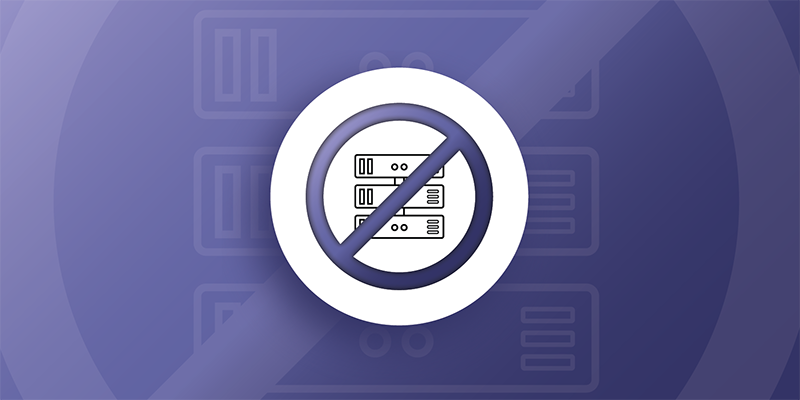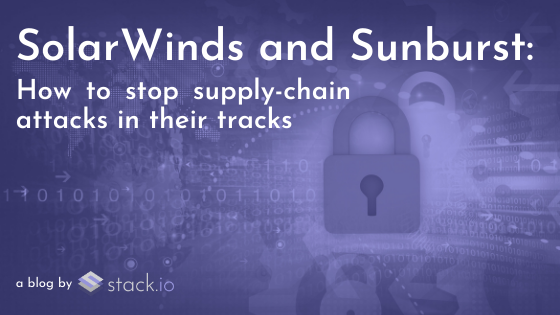Since 2014 when Amazon Web Services (AWS) Lambda introduced serverless architecture, serverless systems have gained traction amongst the tech community; they are now offered by all major cloud service providers, including Microsoft and Google. In serverless systems, computing resources are provisioned on-demand, using either back-end-as-a-service (BaaS) or function-as-a-service (FaaS) methodology. The name is a bit misleading because there are still servers in serverless environments; however, they’re essentially invisible to customers who don’t see, manage, or interact with them.
A Response: Why DevOps Will Cease To Exist
Uri Zaidenwerg, author of the article “Why DevOps Will Cease to Exist,” predicts the (lack thereof) future of DevOps by pointing out that many business services and aspects of application development are becoming automated, leading to DevOps jobs becoming obsolete. While he recognizes that a day will come where all companies will be required to understand and practice DevOps objectives, this understanding would enable companies to allow automation “to do its thing,” eliminating the need for DevOps engineers and teams.
Here at stack.io, we disagree.
Why is it so hard to hire for DevOps?
DevOps is all about helping bring new software and applications to the market faster while ensuring the best value for the end-user. The collective success of implementing this model rests heavily on the people who are tasked with implementing it.
Now, hiring good people, in general, is hard; hiring good developers is harder; hiring good DevOps experts is the hardest. Why? For one, hiring for DevOps is more than filling one narrow role – to take on such a complex task for an organization requires great people. Read further to explore the complex role of a DevOps expert and several reasons why enterprises struggle to find the right people to satisfy their DevOps needs.
How Do We Get "Best Practices"?
You’ve probably heard the term “best practices” thrown about before but what does it actually mean? If you asked three different people to define “best practices”, you’d get three different answers. Who’s making these “best practices”? Why are they “the best”? Are any of them actually worth following?
SolarWinds and Sunburst: How to stop supply-chain attacks in their tracks
Virtually everything is online these days. As many businesses move towards a SaaS (“software-as-a-service") business model, the risk and potential consequences of “getting hacked” grow by the day. One major instance of this was the recent SolarWinds hack – a major US tech company essentially has had its flagship product used to compromise as many as 18,000 different companies and government agencies. How do you avoid this happening to your business?
A Second Pair of Eyes
How to Prepare Your Infrastructure for Normalcy After the Pandemic
The COVID-19 pandemic will forever impact the way that our society operates. Although there were great periods of grief that for some still extend into the present, we as a society are slowly starting to adjust to the new normal. Part of this adjustment is figuring out how you’re going to reintegrate your organization back into society.







